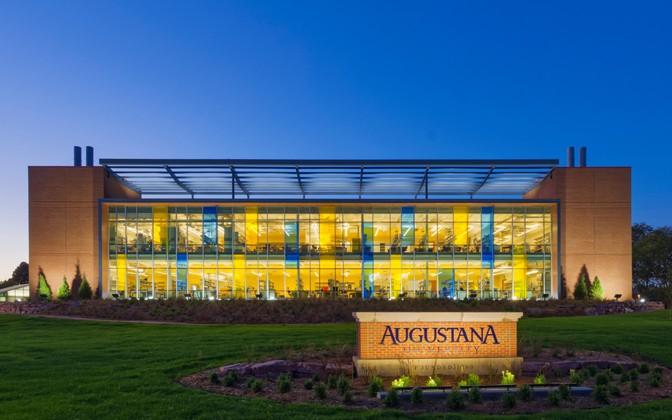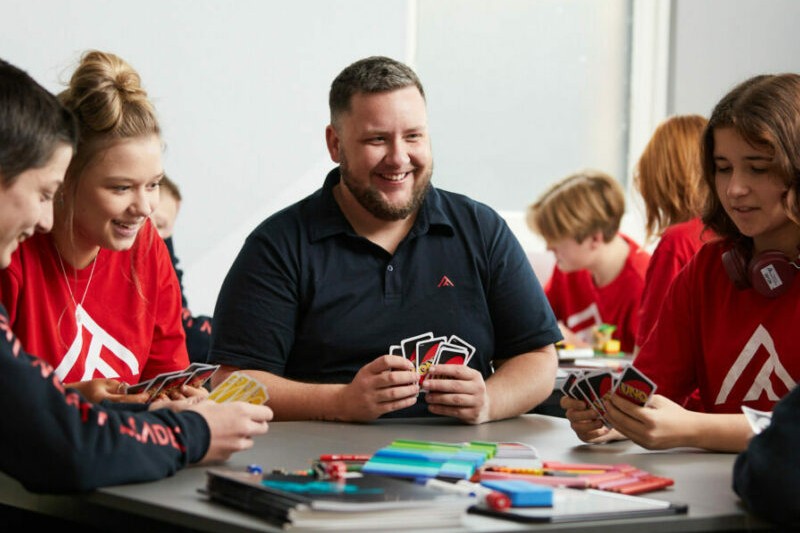Respectful Alliances:
RAP and PPC

Building positive peer cultures and inspired staff teams
This Circle of Courage course consists of two separate two-day trainings. Response Ability Pathways (RAP) is a basic certification course for all who work with youth. Positive Peer Culture (PPC) offers another level of training for clinicians, group leaders, supervisors, senior youth workers, and educators. These two evidence-based trainings transform trauma into resilience by strengthening Belonging, Mastery, Independence, and Generosity.
Response Ability Pathways (RAP)
Restoring Bonds of Respect (2-day training)
Positive Peer Culture (PPC)
Building Strengths in Youth (2-day training)
University Credit

Participants can enroll for graduate workshop university credit in either Psychology or Special Education. Registration forms will be provided at the training. A course syllabus is available at reclaiming.org/grad-credit. There is a $300 USD tuition fee (for 3 credits) in addition to the training registration fee. Payment for university credit is made to Reclaiming Youth at Risk and given to the instructor onsite at the training. Credit is offered through Reclaiming Youth at Risk and Augustana University, a fully accredited university located in Sioux Falls, South Dakota, USA.
Related Courses
About the Course Authors & Trainers

Larry Brendtro, PhD
Larry K. Brendtro, PhD, earned a doctorate from the University of Michigan specializing in children with emotional and behavioral challenges. He is director of Reclaiming Youth at Risk which provides research, publications, and training in strength- based approaches to youth, families, and communities. He is president emeritus at Starr Commonwealth in Michigan where he piloted the evidence-based Positive Peer Culture model which builds cultures of respect in education, treatment, and juvenile justice settings. He has wide experience as a youth worker, educator, and psychologist, and has taught at the University of Illinois, The Ohio State University, and Augustana University. The author of 18 books and over 200 articles, Dr. Brendtro joined with Lakota psychologist Martin Brokenleg and educator Steve Van Bockern to develop the Circle of Courage model which combines traditional Indigenous wisdom with emerging science of positive youth development. He trains professionals world-wide and is currently consulting with the Office of Refugee Resettlement on applying the Circle of Courage with children and youth from Latin America.

Steve Van Bockern, EdD

Mark Freado, MA
Our Success at a Glance
Mission Statement
The mission of Reclaiming Youth at Risk is to provide research, training, and consultation to build strengths in children, families, schools, and communities. For thousands of years, American Indian cultures nourished respectful and courageous children without employing punitive discipline. Drawing from these little-understood resources, we provide a holistic approach to reclaiming youth at risk. Courage for the discouraged — for youth and for professionals as well!
Our Core Values
Our core values are grounded in the Circle of Courage philosophy, emphasizing belonging, mastery, independence, and generosity as essential to holistic development.
Our Philosophy
At Reclaiming Youth at Risk, we believe that every child has the innate capacity for positive growth. Our philosophy is rooted in the principles of the Circle of Courage, which asserts that the fulfillment of universal growth needs — belonging, mastery, independence, and generosity — is crucial for the development of all young people. By integrating these values with the latest in psychological research and practical application, we strive to create environments that promote resilience and thriving, not just for youth but for the communities that support them.



